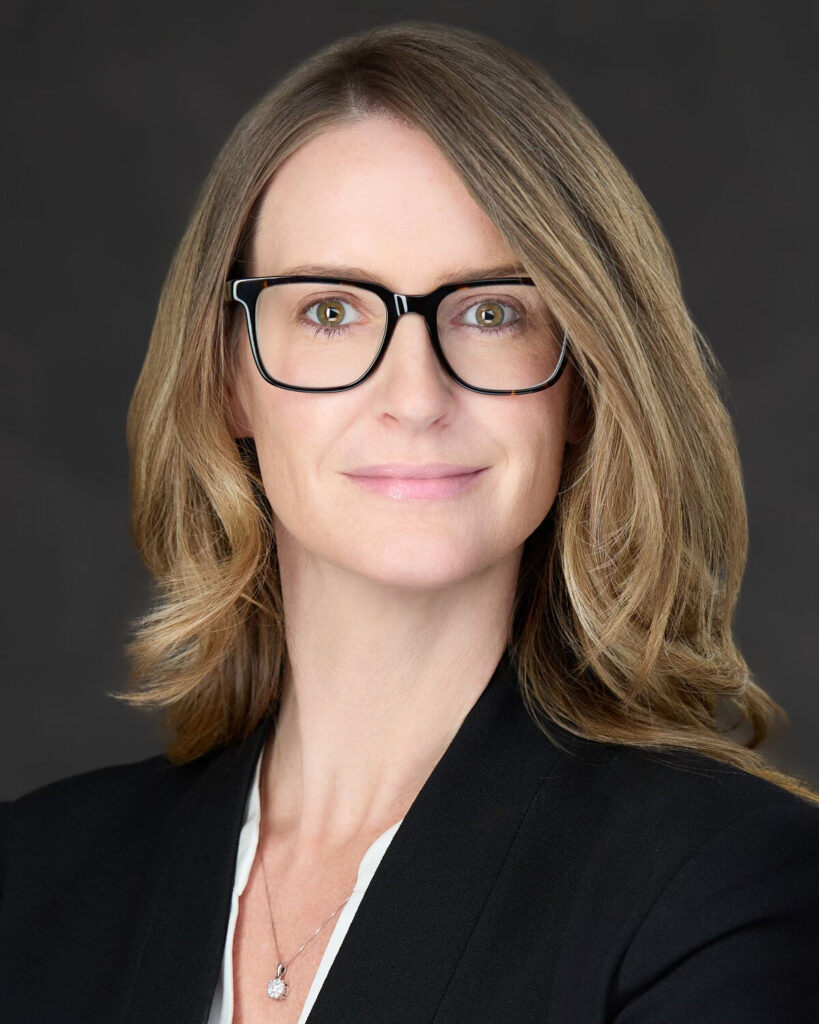Powerful state panel poses threat to patients with rare diseases | PODIUM


An appointed panel of state bureaucrats, in the process of setting prices for prescription drugs, must focus on the real-world complex consequences of its actions on patients facing rare and chronic diseases – consequences that go well beyond cost.
The Prescription Drug Advisory Board (PDAB) is one of the most powerful panels ever created in Colorado. It has been tasked with cutting the cost of medicines through setting mandatory prices. What could be wrong with using the power of state government to simply cut drug costs?
As it turns out, there are numerous short-term, and long-term, red flags for patients. Our family’s story paints a clear picture of why the PDAB process is so troubling.
My son, Maxwell, was born with a genetic disorder so rare it affects just 50 people in the world. Given the few people who have this condition, it is easy to understand why the medicine that helps Maxwell is very expensive. But his life depends on this specific drug. So, though we are keenly focused on cost, our primary focus is preserving access to this medicine. In fact issues of access caused us to have to move to Texas from Colorado.
As we focus on access today, we are also championing research for the new treatments and cures of tomorrow. Maxwell is with us today because brilliant researchers did the painstaking work to develop the drug he depends on. And researchers are working hard to find a cure.
Stay up to speed: Sign-up for daily opinion in your inbox Monday-Friday
This reality that we, and other rare disease families, face is much more complicated than the check-the-box PDAB process aimed at setting arbitrary price caps on medicines. If this group fails to listen to the long-term needs of patients and understands the risks of inserting themselves between patients and doctors, the consequences will be deep and widespread.
Here is how cost, access and innovation intersect.
Maxwell depends on a single very expensive drug. We are fortunate the manufacturer has provided us with deep discounts to help with our costs.
But we were also told to be grateful we live in this country because in other countries that have government “fair pricing” policies – policies just like PDAB’s – we would not be able to obtain Maxwell’s drug under any circumstances.
Colorado is going it alone among the states and setting drug prices in a bureaucratic vacuum. Therefore, certain medicines may not be available at the prices Colorado sets. If a hospital or pharmacy cannot buy a drug for the price the government demands, that medicine will not be available. Or in many cases an alternative drug may be available – even if that is not the medicine preferred by doctors for specific patients.
There is nothing “fair” about a law that denies access to medicines to the patients who need them.
But consider PDAB’s long-term effects. Patients in Colorado and across the country are counting on medical research to develop new, more effective treatments and, we hope, cures.
That’s not a low-cost proposition, nor is this vital issue on the radar of the PDAB bureaucrats.
It should be.
In Maxwell’s case, the cost of finding a cure is nearly $10 million, and I am philanthropically fundraising every single day. But making the cure widely accessible requires a biotech company to step up and invest the research money and manpower to reach patients.
In the real world, research companies use part of the revenue from existing medicines to invest in the search for new innovations. This is basic business, and basic math. Studies have shown if government imposed a 50% cut in drug prices, the result would be a 60% reduction in the number of new drugs that will enter the pipeline.
How would the Colorado PDAB explain to patients like Maxwell their well-meaning but narrow focus on costs ultimately delayed, or denied, the cure we are praying for?
The daily struggles of families like ours with a rare disease patient are clearly not the focus of government panels looking solely at cost solutions. Our concern is as PDAB rolls along and gives itself high-fives for slashing costs, the members will ignore the hurdles to hope they are placing in the path of thousands of patients with rare and chronic conditions.
Trust me, the consequences are all too real.
Amber Freed is the founder and CEO of SLC6A1 Connect, which helps fund and coordinate research and treatment efforts for this very rare genetic disease that affects approximately 50 people globally, including her son, Maxwell.












